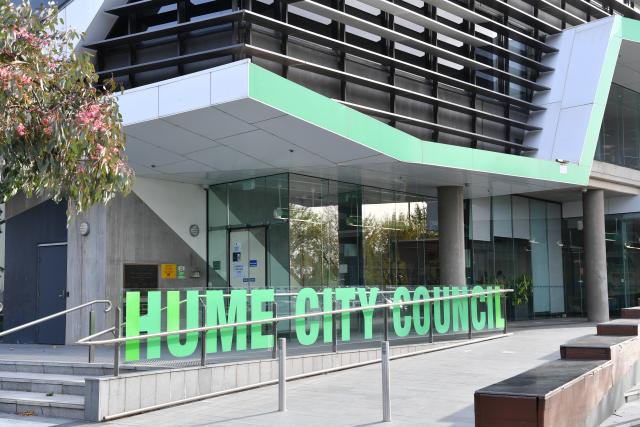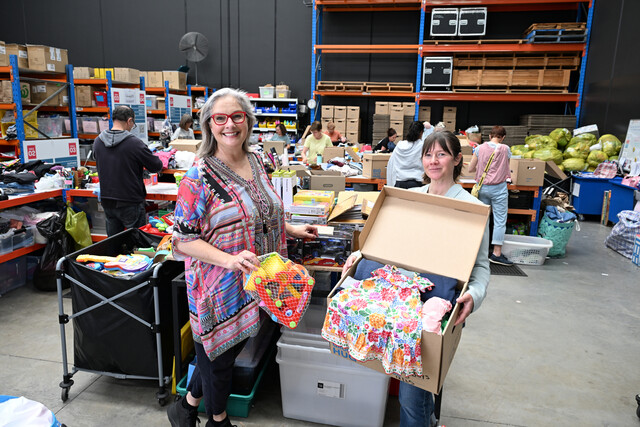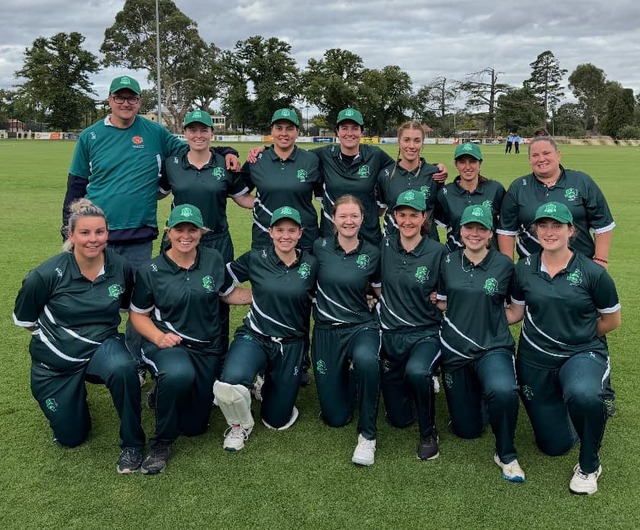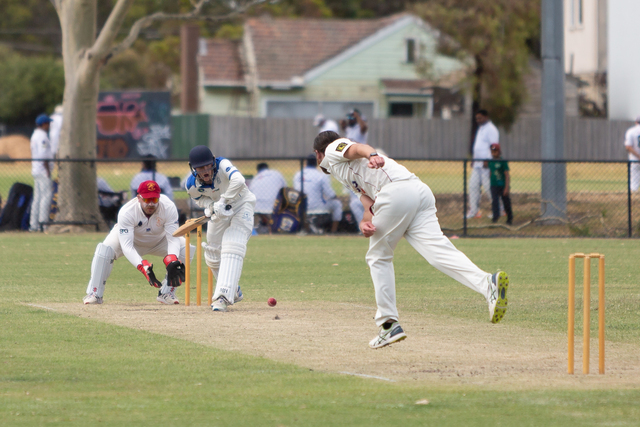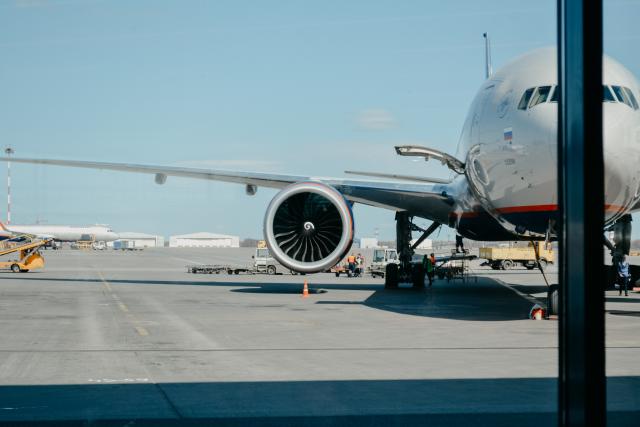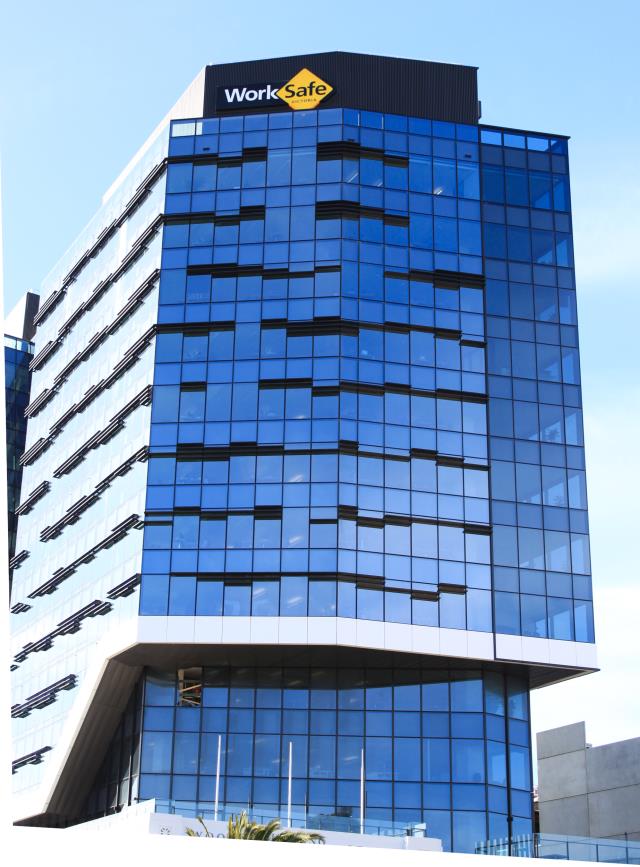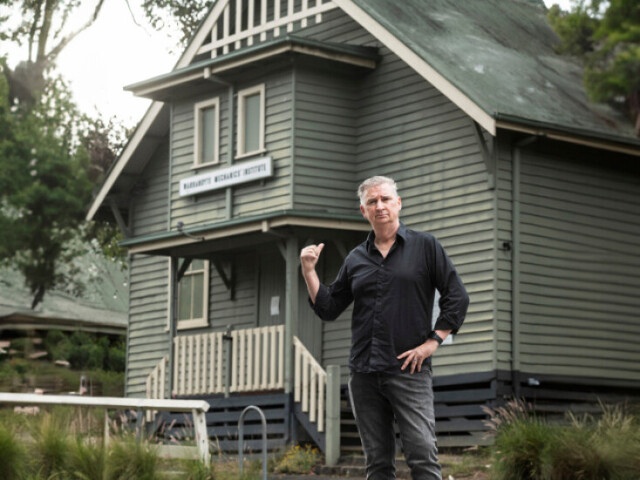A peak local council body has slammed the decision to limit rate rises this year, with Hume council saying it’s too early to say if it will have an impact and Macedon Ranges council saying it is concerned.
The local government minister each year sets a local council rate cap limit for the next financial year.
The cap for the 2024-25 financial year has been set at 2.75 per cent, down from the 3.5 per cent cap that was in place for 2023-24. It is still higher than in 2022-23 and 2021-22, which were both under two per cent due to COVID-19.
Municipal Association of Victoria (MAV) president Cr David Clark said this decision shows a review of the system is needed, with councils feeling the financial strain of rapid inflation, staff shortages, and cost shifting.
“Councils are dealing with spiralling costs on multiple fronts. To decrease the rate cap at this time means many councils will be struggling to deliver the services and infrastructure our communities rightly demand,” he said.
“While local government goes backwards by 30 percent compared to CPI since the introduction of the rate cap, the state and federal budgets increase far beyond this.
“For councils to be stuck at 2.75 per cent is going to be challenging in the extreme. It does not take into account the vastly different needs of councils across the state.”
Hume council acting chief executive Hector Gaston said funding is required, but the council isn’t overreacting too early.
“Rates revenue is a major source of funding for council to deliver the essential services, facilities and infrastructure for our growing community,” he said.
“Hume council will consider the impact of the 2.75 per cent rate cap through our usual budget and council planning processes to ensure we deliver the best outcomes for our residents.”
Macedon Ranges acting chief executive Shane Walden said council is mindful of the financial pressures impacting the broader community and recognises this as being a key driver behind this rate cap.
“We are concerned with the decision to set the rate cap at 2.75 per cent… This means that for the past two years the rate cap has been significantly lower than inflation,” Mr Walden said.
“Rate revenue enables us to deliver essential and important services to the community. It has become increasingly challenging to deliver everything expected over the past few years.
“[This is] due to the significant rise in inflation and consequent increase in operational costs.”
Mr Walden said council is currently engaged in the budget planning process, and will continue to look at innovative and cost-effective ways to manage future service delivery.
Local Government minister Melissa Horne said decisions were made with families at the forefront.
“Fair Go Rates mean households have certainty over their council rates and in 2024-25, the increase will be kept to the forecast inflation rate,” she said.
“The rates cap has made a real difference to household budgets over the past eight years and we’ll keep working to reduce costs for families.”



